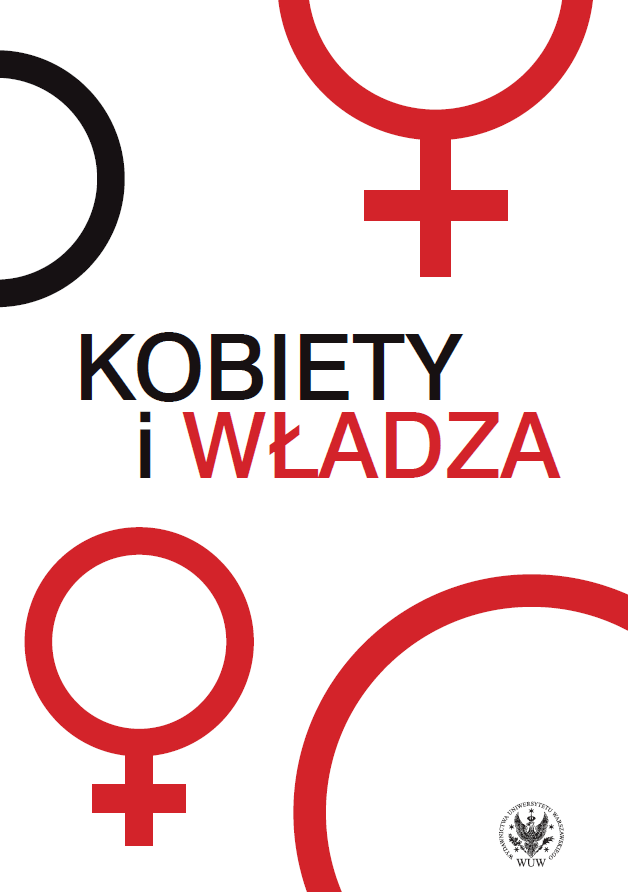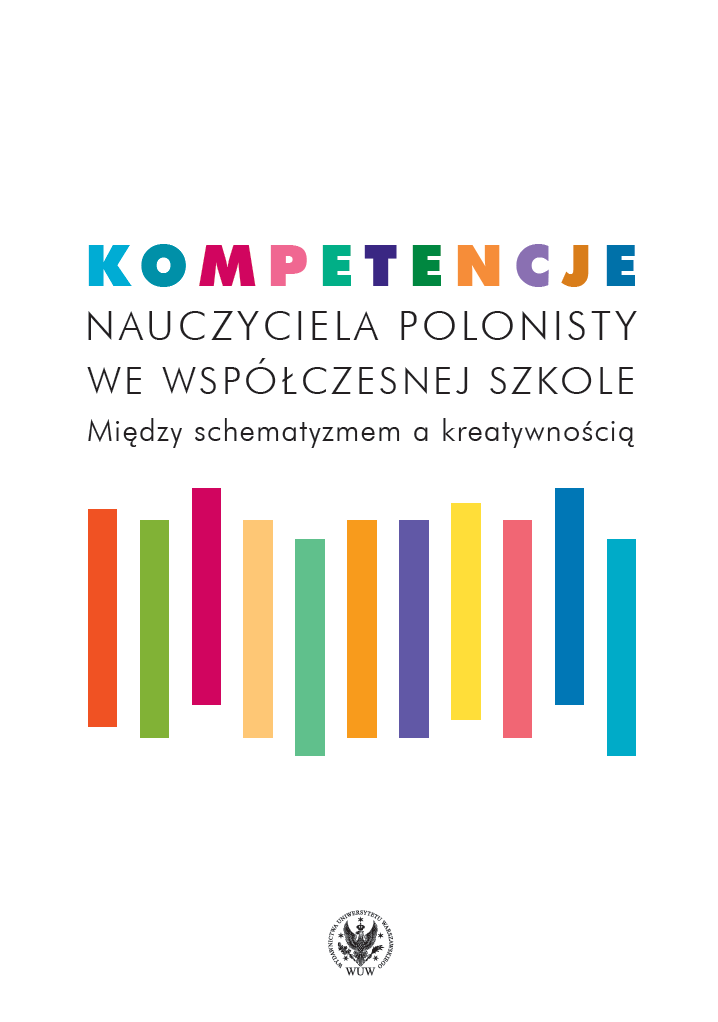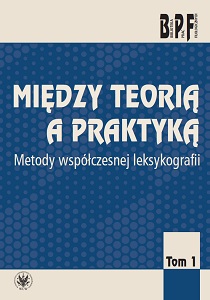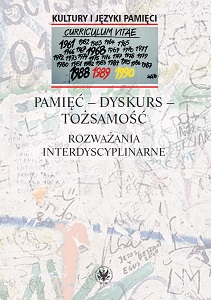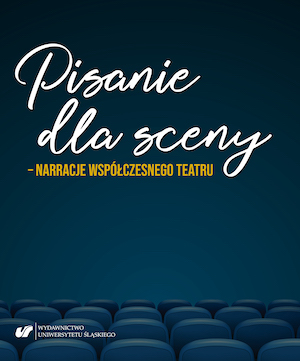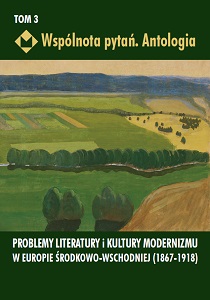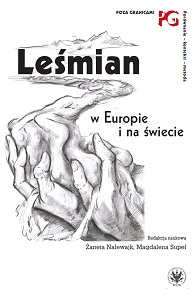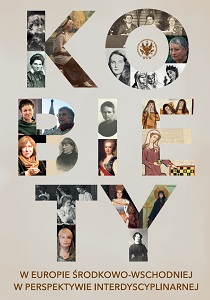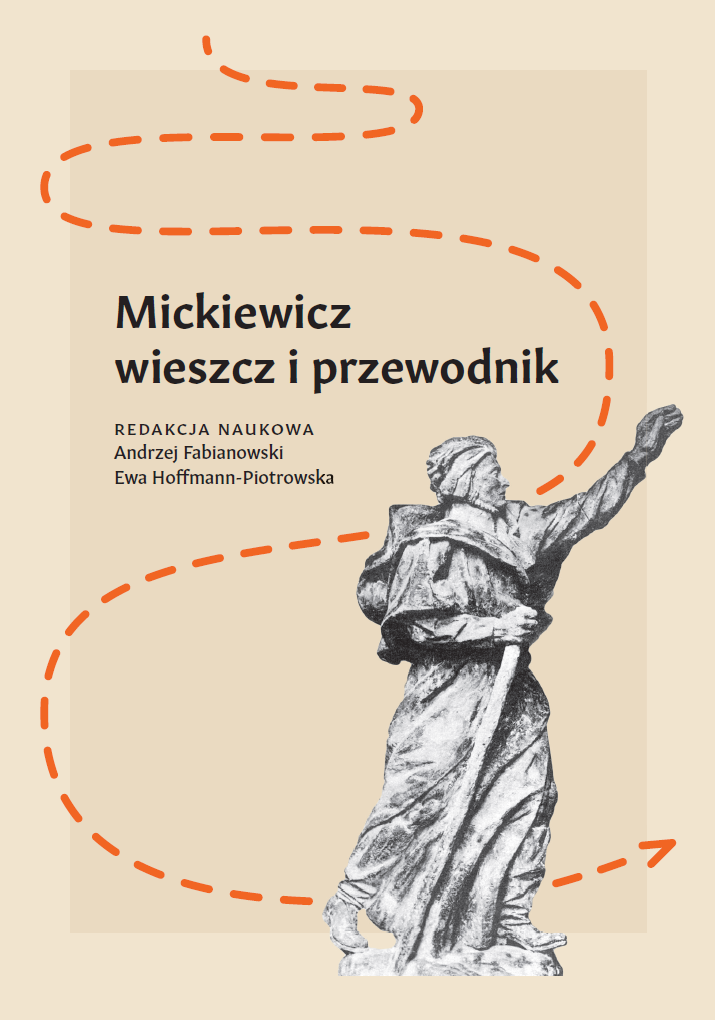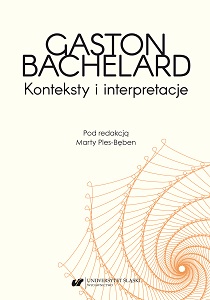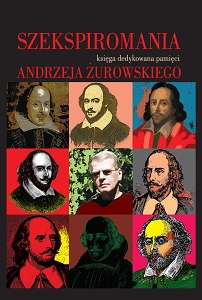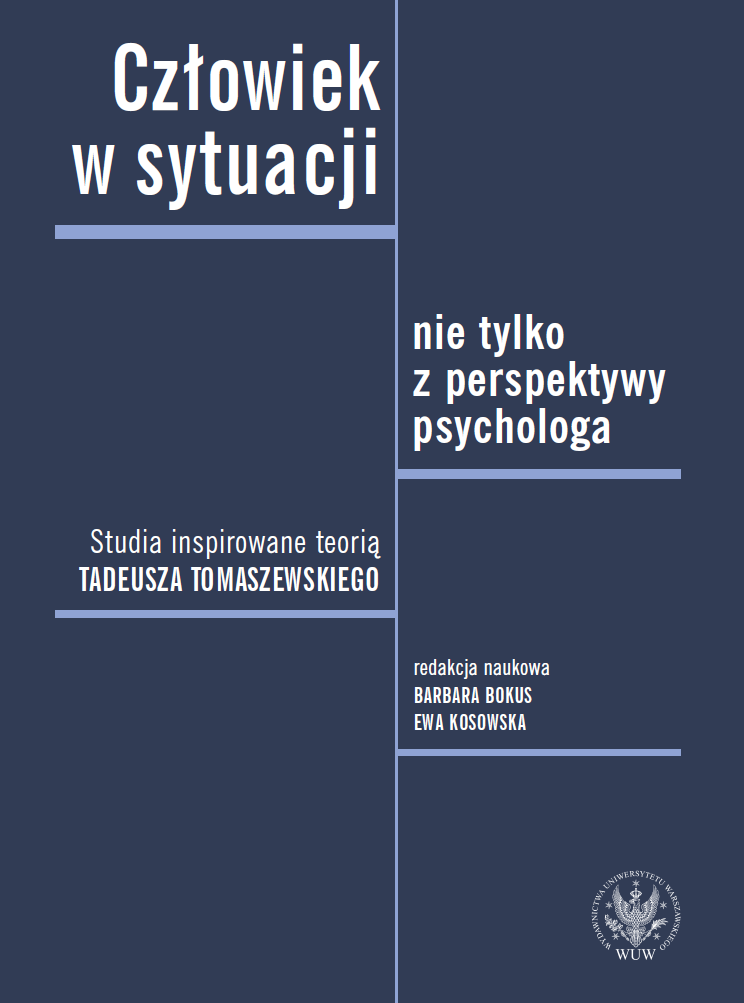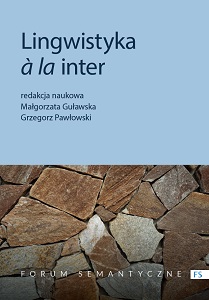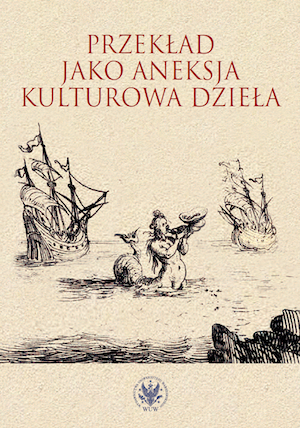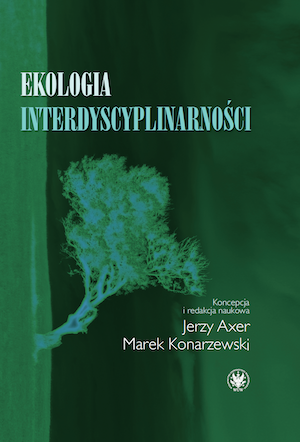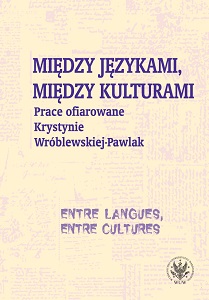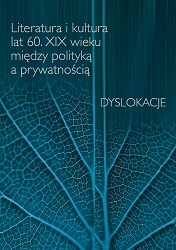
When Did Dreams Cease to Be Signs from Heaven? Romantic Onirism at the ‘Midday of the Century’
Kiedy sny przestały być znakami z nieba? Hermeneutyka oniryczna w „południe wieku”
Keywords: romantic onirism; Wiktor Szokalski; Seweryn Goszczyński; romantic epistemology; dreams hermeneutics
The article touches upon an intriguing problem of the transition between a romanticculture that values specifi c spiritual ways of knowing and a romantic way of thinking aboutreality. The article about Goszczyński’s dreams quoted here in the context of Wiktor Szokalski’sconsiderations, became a pretext to ask why and when the manifestations of the human spiritactivity were reduced to psychophysiological phenomena and stripped of the metaphysicalmeanings granted to them by the Romantics. When this was done, a particular break separatedthe romantic whole of spirit and matter. The work of a physiologist with romantic biographicalroots – Wiktor Szokalski – was chosen not as a subject of refl ection in the article. In his writings,the fundamental existential concerns of the ‘midday of the century’ are manifest. These refl ectionsare so signifi cant that, perhaps somewhere here, in the sixties of the nineteenth century, one canlocate the beginning of a new anthropology, conditioning our modernity.
More...
